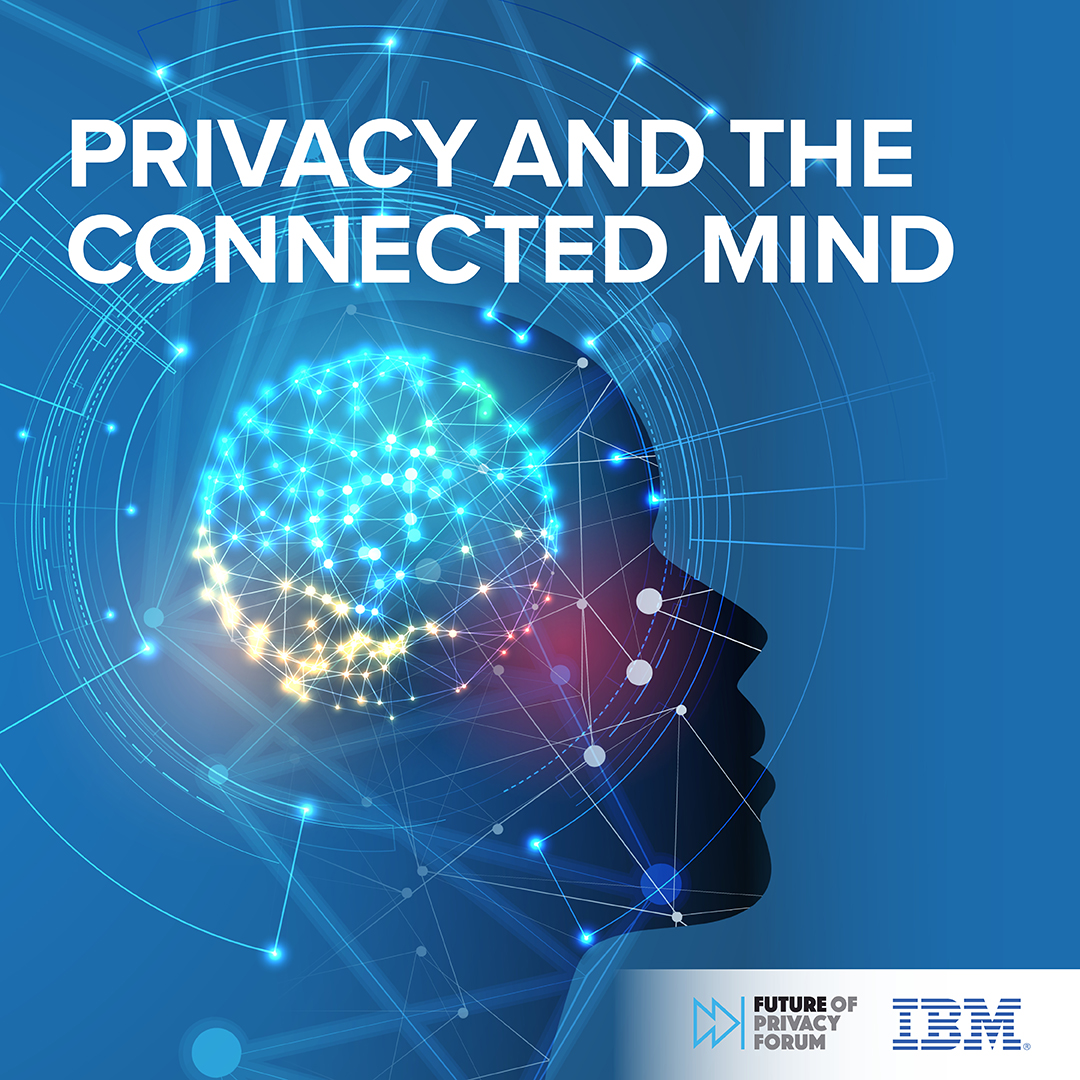Showing results for appi2020 2011va 2011va api documentation appi2020 2011va

BCI Commercial and Government Use: Gaming, Education, Employment, and More
This post is the third in a four-part series on Brain-Computer Interfaces (BCIs), providing an overview of the technology, use cases, privacy risks, and proposed recommendations for promoting privacy and mitigating risks associated with BCIs. Click here for FPF and IBM’s full report: Privacy and the Connected Mind. In case you missed them, read the […]

BCIs & Data Protection in Healthcare: Data Flows, Risks, and Regulations
This post is the second in a four-part series on Brain-Computer Interfaces (BCIs), providing an overview of the technology, use cases, privacy risks, and proposed recommendations for promoting privacy and mitigating risks associated with BCIs. Click here for FPF and IBM’s full report: Privacy and the Connected Mind. In case you missed it, read the […]

Understanding why the first pieces fell in the transatlantic transfers domino
[…] effective supplementary measures in order to ensure an essentially equivalent level of protection for the personal data transferred”. Since the EP did not provide any evidence or documentation about supplementary measures being used on top of the SCCs it referred to in the privacy notice on the website, the EDPS found the transfers to […]

Brain-Computer Interfaces & Data Protection: Understanding the Technology and Data Flows
This post is the first in a four-part series on Brain-Computer Interfaces (BCIs), providing an overview of the technology, use cases, privacy risks, and proposed recommendations for promoting privacy and mitigating risks associated with BCIs. Click here for FPF and IBM’s full report: Privacy and the Connected Mind. Additionally, FPF-curated resources, including policy & regulatory […]

Overcoming Hurdles to Effective Data Sharing for Researchers
[…] considerations for sharing the data of children or teens (or other vulnerable or protected classes)? Is there a role for funders and publishers to more strongly require documentation for verifying accountability around the use of shared data? Is there a need for involvement by the Office of Research Integrity (ORI) and research misconduct investigators […]

Organizations must lead with privacy and ethics when researching and implementing neurotechnology: FPF and IBM Live event and report release
A New FPF and IBM Report and Live Event Explores Questions About Transparency, Consent, Security, and Accuracy of Data The Future of Privacy Forum (FPF) and the IBM Policy Lab released recommendations for promoting privacy and mitigating risks associated with neurotechnology, specifically with brain-computer interface (BCI). The new report provides developers and policymakers with actionable […]

The Future is Open: The U.S. Turns to Open Banking
[…] to widespread and privacy-protective open banking is the need for standardized technical architecture—particularly interoperable APIs— to enable the safe portability of financial data. A standardized and interoperable API would allow third parties to carry out their services on behalf of customers without accessing certain personal information, such as various login credentials. In the absence […]

Five Things Lawyers Need to Know About AI
[…] in light of the challenges around “black-box” systems that are unfortunately common in the US today, is to rigorously pursue best practices with respect to AI system documentation. This is good news for lawyers who are adept in the skill and attention to detail that is required to institute and enforce such documentation practices. […]

Brain-Computer Interfaces: Privacy and Ethical Considerations for the Connected Mind
BCIs are computer-based systems that directly record, process, analyze, or modulate human brain activity in the form of neurodata that is then translated into an output command from human to machine. Neurodata is data generated by the nervous system, composed of the electrical activities between neurons or proxies of this activity. When neurodata is linked, or reasonably linkable, to an individual, it is personal neurodata.

Upcoming data protection rulings in the EU: an overview of CJEU pending cases
There has been a surge in questions posed by national courts to the Court of Justice of the EU (CJEU) in the past year on how various provisions of the General Data Protection Regulation (GDPR) should be interpreted and applied in practice. They vary from understanding essential aspects of the fundamental right to the protection […]
